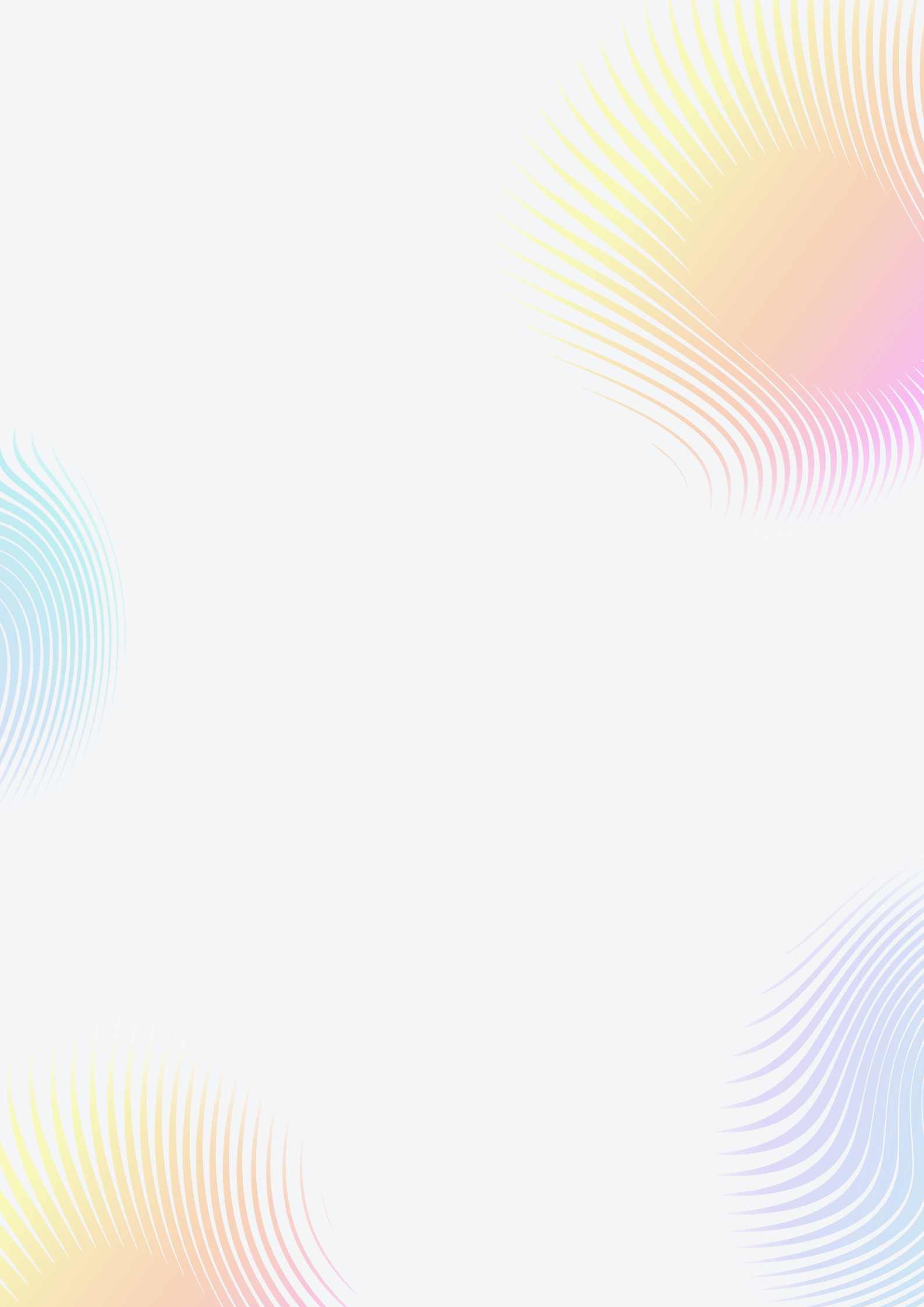


Sleep used to be something we didn’t think about—until we couldn’t get enough of it. Today, thanks to advanced research in neuroscience, AI, and biofeedback, sleep is no longer just a passive act of rest. It’s an optimized, trackable, and upgradeable part of your wellness routine. Welcome to the world of cutting-edge sleeptech—where science meets serenity.
If you've ever struggled to fall asleep, stay asleep, or wake up feeling refreshed, you're not alone. But here's the good news: today's sleep technology is smarter, more personalized, and more effective than ever before.

At its core, sleeptech is about using technology to monitor, analyze, and improve your sleep. Unlike old-school sleep trackers that simply told you how many hours you slept, modern sleeptech works in real time to enhance sleep quality—and it’s backed by serious science.
Here’s how the newest generation of sleeptech works:
Smart wearables (like rings, headbands, or mattress sensors) track:
These devices give a moment-by-moment picture of how your body moves through different sleep stages—from light sleep to deep restorative slow-wave sleep and REM.
Once your data is collected, machine learning algorithms analyze your patterns and detect subtle trends. This is where sleeptech really shines—it doesn’t just measure what happened, it learns your rhythms and adapts over time.
For example, if the AI notices you're consistently waking during your REM cycle, it might adjust its recommendations on:
Some devices don’t just track—they actively intervene to improve your sleep in real time. We’re talking about:
This is where sleeptech moves from passive to active therapy, working while you sleep to improve your recovery and cognitive function.
We’re also seeing the rise of whole-room sleep ecosystems:
Some systems even integrate EMF shielding, snore detection, and AI-generated dreams (yes, that’s a thing) to create the ultimate restorative sleep environment.
When sleep is dialed in, everything else improves:
And thanks to sleeptech, we no longer have to guess what’s wrong or rely on outdated “8-hours-a-night” rules. Instead, we have real-time insights and interventions based on our unique biology.
Just a few years ago, most of this sounded like science fiction. Now, headbands that alter your brainwaves, AI sleep coaches, and smart pajamas with built-in sensors are available to consumers and backed by peer-reviewed studies.
Sleep is finally being recognized not just as something we “do,” but as something we can engineer for better health. And as this field evolves, we’re heading toward a future where poor sleep becomes the exception—not the norm.